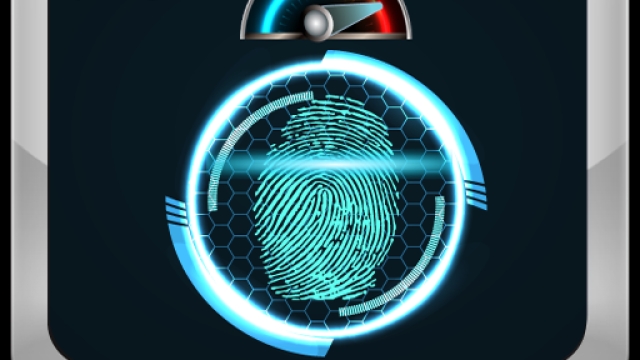
Unmasking Deception: The Truth About Lie Detector Tests

In today’s world, the quest for truth is both complex and vital. One tool that has captured public fascination for decades is the lie detector test. Also known as a polygraph exam, this interrogation method claims to uncover deception by measuring physiological responses. Are these tests reliable indicators of truthfulness or simply elaborate illusions of accuracy? The debate rages on as we delve deeper into the world of lie detectors to unmask the truth behind their efficacy.
How Lie Detector Tests Work
Lie detector tests, also known as polygraph examinations, are designed to detect signs of deception based on physiological responses. The test typically measures multiple physiological responses such as heart rate, blood pressure, respiration, and skin conductivity. These responses are recorded by sensors attached to the person undergoing the test.
During a lie detector test, the examiner asks a series of questions to establish a baseline for the person’s physiological responses. Following this, specific relevant questions are asked, with the aim of detecting any significant changes in physiological responses that may indicate deception. The examiner then analyzes the data to determine if there are patterns of responses that suggest dishonesty.
While the accuracy of lie detector tests is a subject of debate, proponents argue that they can be a valuable tool in investigative processes. Critics, however, question the reliability of these tests due to factors such as the variability of physiological responses and the potential for human error in interpretation.
Limitations of Lie Detector Tests
Despite their widespread use, lie detector tests are not foolproof. Interpretation of the results can be influenced by various factors such as the individual’s state of mind during the test, their physiological response patterns, and the expertise of the examiner.
Polygraph
One limitation is that anxiety or nervousness can lead to false positives, causing an innocent person to be wrongly accused of deception. Additionally, some individuals may have conditions such as anxiety disorders or certain medical issues that can affect the accuracy of the test results.
Furthermore, the reliability of lie detector tests can be affected by countermeasures employed by the person being tested. These countermeasures can include deliberately altering their physiological responses or mentally manipulating the way questions are perceived, making it challenging to obtain accurate and consistent results.
Ethical Concerns
Ethical concerns arise when considering the use of lie detector tests. Some argue that these tests can infringe upon an individual’s right to privacy and autonomy. The invasive nature of questioning and the potential for false accusations based on test results can have serious consequences for individuals.
Furthermore, the reliability of lie detector tests has been widely debated. Critics contend that these tests are not foolproof and can be influenced by various factors such as anxiety or stress, leading to inaccurate results. This raises questions about the fairness of using such tests as a definitive measure of truthfulness.
Another ethical consideration is the impact of relying solely on lie detector tests in legal proceedings. Depending solely on test results to determine guilt or innocence can undermine the judicial process and potentially lead to unjust outcomes. This highlights the importance of approaching lie detector test results with caution and considering them in conjunction with other forms of evidence.

